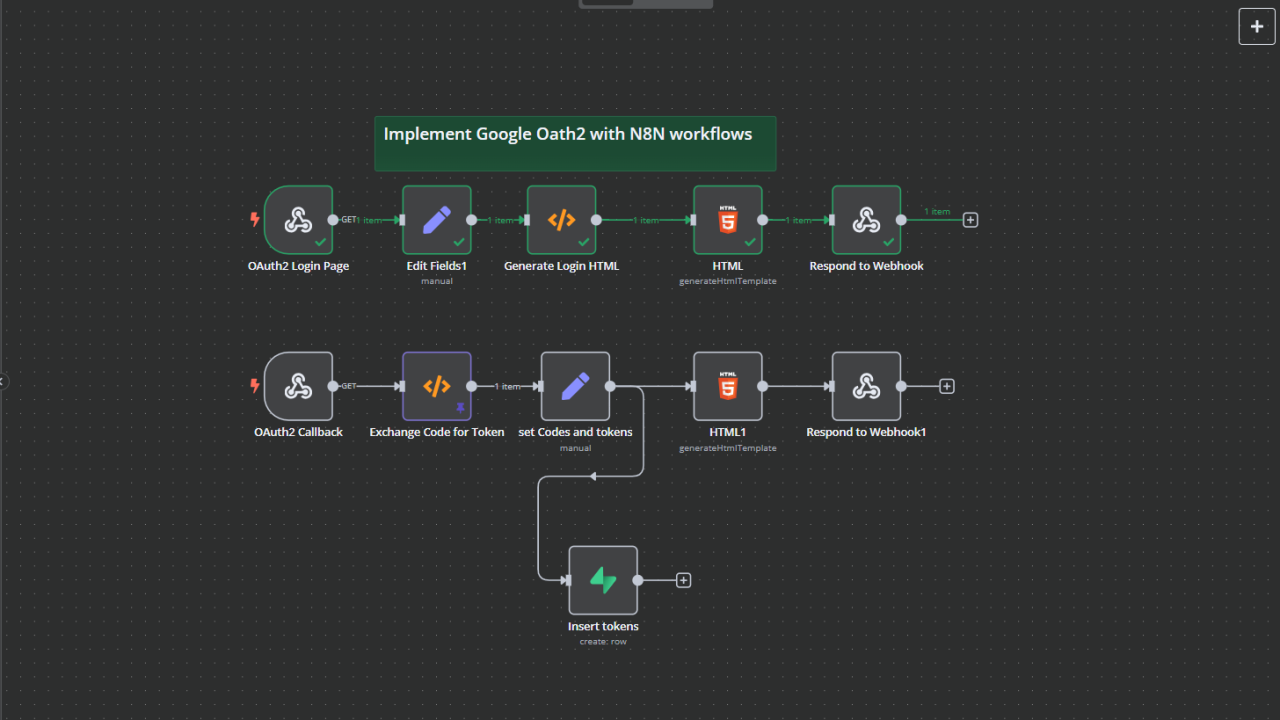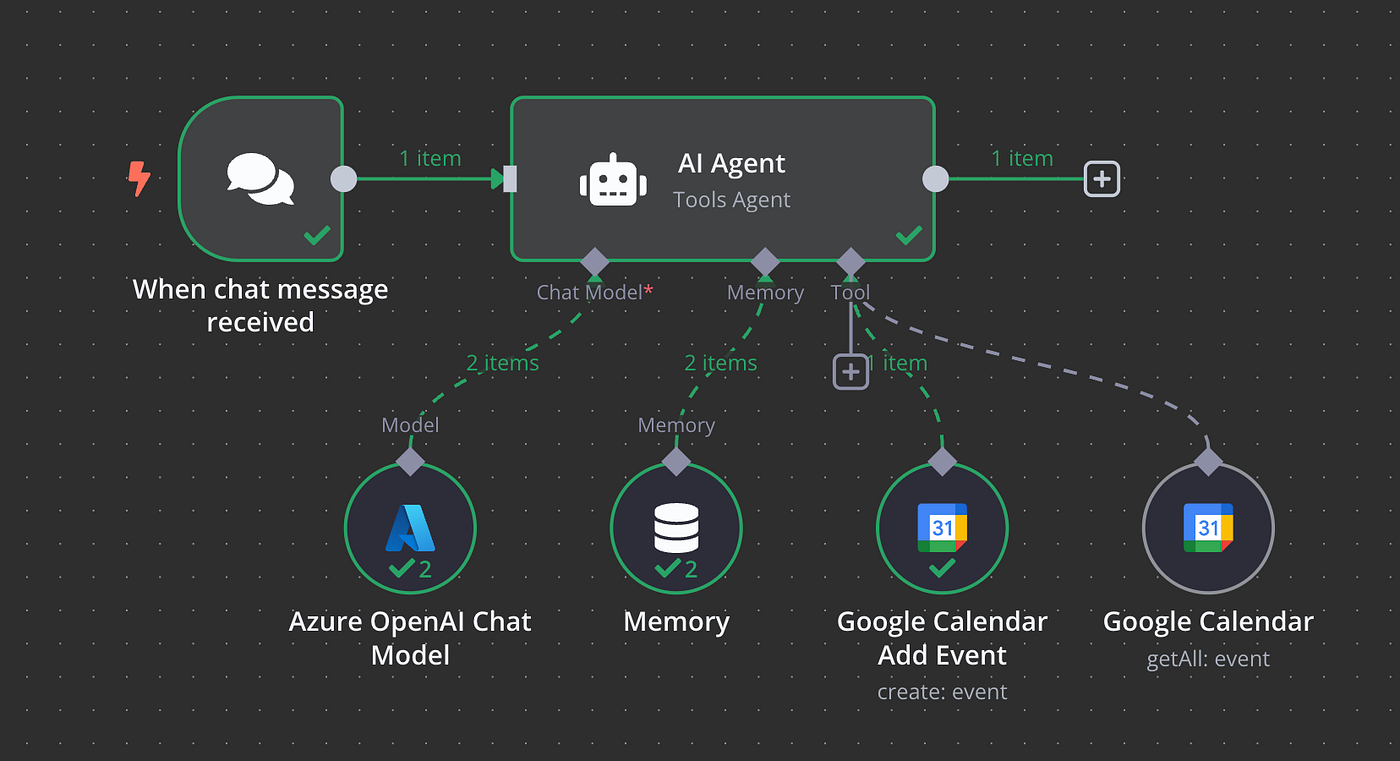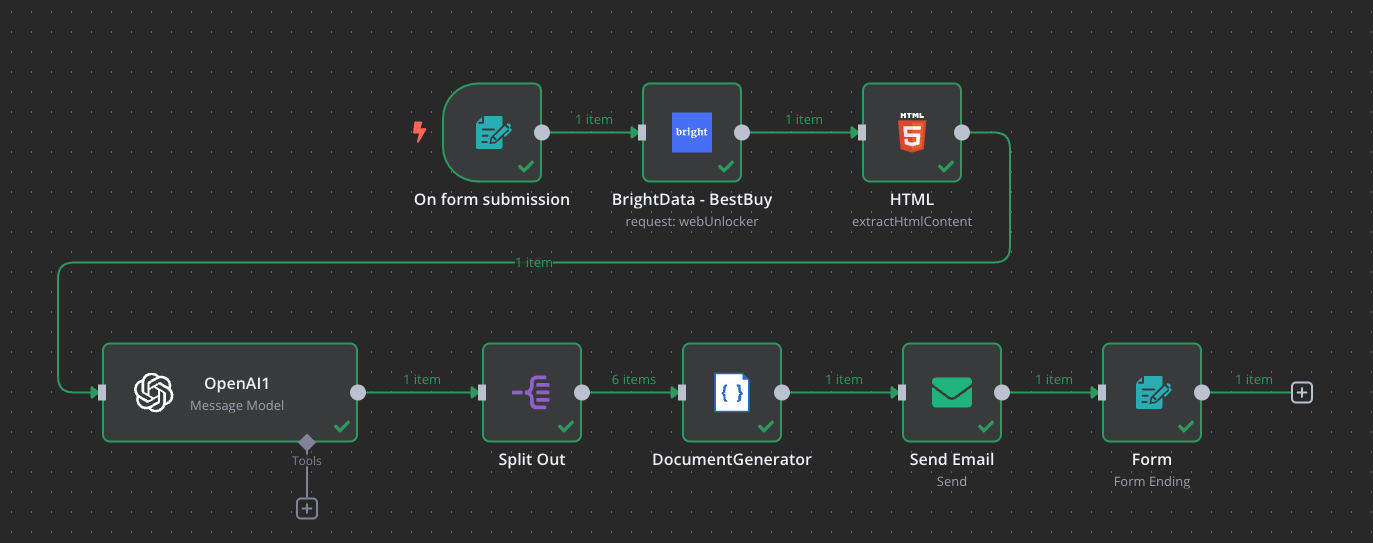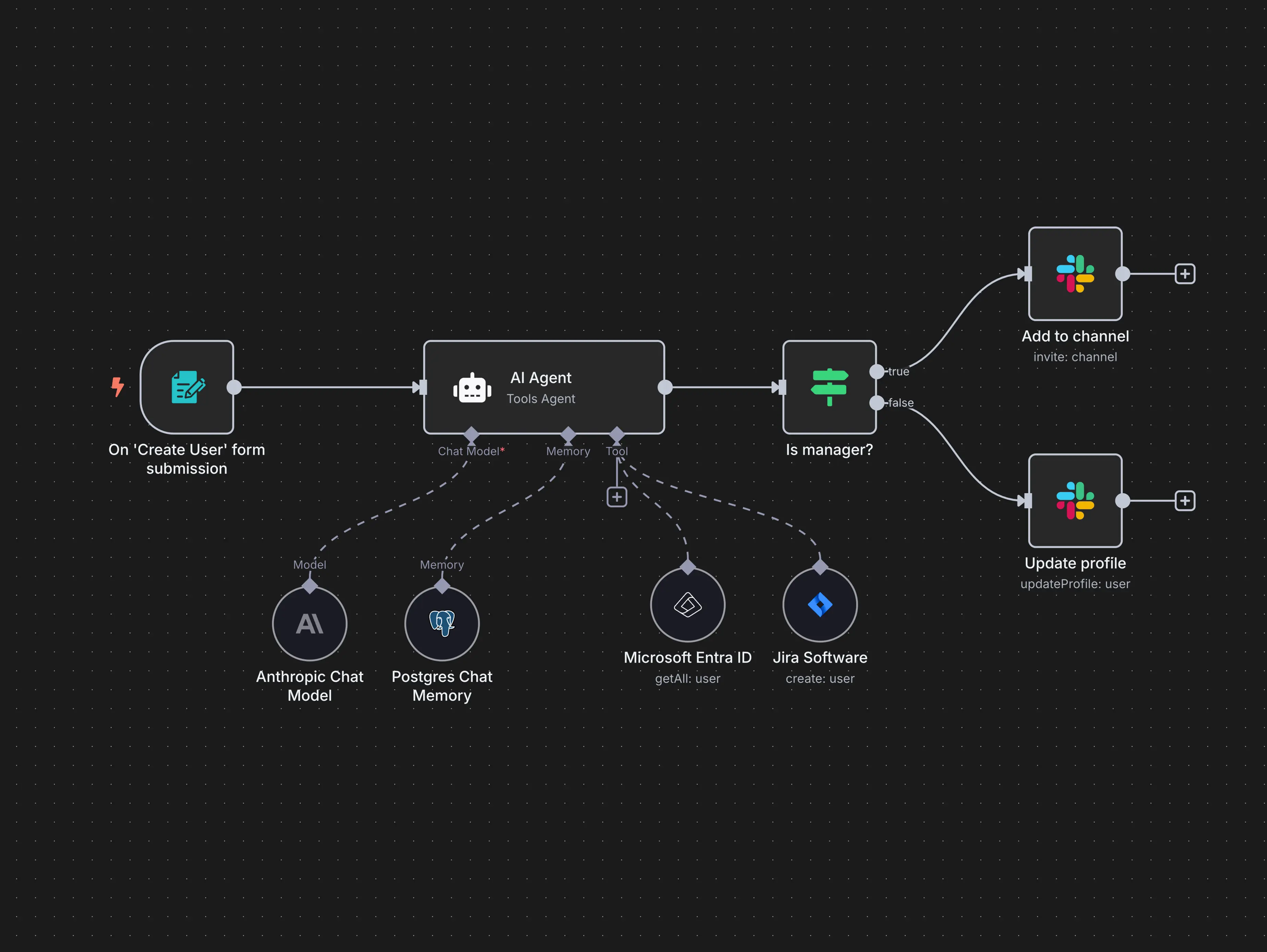
AI Agents in Everyday Life – Trends to Watch
AI agents are no longer confined to research labs or tech giants—they’re steadily becoming part of our daily routines. From asking a voice assistant to set reminders to having an AI summarize your emails, intelligent agents are quietly shaping the way we work and live.
Everyday Applications
- Personal Productivity: AI scheduling assistants like Motion or Reclaim manage calendars and tasks.
- Shopping: E-commerce platforms use agents to recommend products and personalize offers.
- Healthcare: Agents help patients monitor symptoms, schedule appointments, and receive medication reminders.
- Finance: Personal finance bots track expenses, suggest budgets, and automate savings.
Key Trends
- Voice-First Interfaces
With advancements in natural language processing, voice-driven agents are becoming more conversational and accurate. - Integration with IoT
Smart home ecosystems rely on AI agents to control lighting, appliances, and security through automation. - Proactive Assistance
Instead of waiting for commands, agents predict user needs and take initiative, like suggesting routes before you ask. - Hyper-Personalization
Agents are increasingly tailoring recommendations based on user habits, preferences, and real-time context.
Looking Ahead
The future of AI agents in everyday life lies in seamless integration. Instead of juggling multiple apps, users will rely on a handful of intelligent agents that coordinate across devices and platforms. Imagine one assistant managing your emails, health goals, travel, and finances—all working together without friction.

The Future of Multi-Agent Systems
The next frontier in AI development isn’t just single agents—it’s multi-agent ecosystems. Imagine a group of agents collaborating like a digital team: one handling research, another summarizing data, and a third making strategic recommendations. Together, they can complete tasks too complex for a single model.
These ecosystems are already being tested in areas like education, where different agents provide tutoring, grading, and learning recommendations, and business operations, where agents manage supply chains, marketing, and finance in parallel.
The future of multi-agent systems lies in their collaboration protocols and ability to negotiate tasks. With advancements in large language models, reasoning engines, and API integration, multi-agent collaboration could redefine industries and reshape productivity.

How to Build Your First AI Agent
If you’re a developer looking to get started with AI agents, the journey begins with defining a clear problem statement. Do you want a customer service bot? A scheduling assistant? Or perhaps a workflow automation tool?
Here’s a simple roadmap:
- Choose your environment: Web, mobile, or backend.
- Pick a framework: LangChain, AutoGPT, or CrewAI for LLM-based agents.
- Integrate a knowledge base: Use vector databases like Pinecone or FAISS for memory.
- Enable tools: Allow your agent to call APIs, fetch data, or execute code.
- Test iteratively: Start small, refine behavior, and add complexity gradually.
Even a simple prototype, like a chatbot that answers FAQs, helps you understand how perception, reasoning, and action layers come together. From there, you can scale to more sophisticated agents that can reason, collaborate, and adapt in real time.

Building AI Agents: A Guide to Development
Artificial Intelligence (AI) agents are transforming how we interact with software, automate tasks, and enhance decision-making. From virtual assistants to autonomous trading bots, AI agents are at the core of the next wave of intelligent systems. In this blog, we’ll explore what AI agents are, how they work, and how to build them.
What is an AI Agent?
An AI agent is a system that can perceive its environment, process information, and take actions to achieve specific goals. Unlike traditional software, AI agents can learn from experience, adapt to new situations, and make autonomous decisions.
Examples include:
- Chatbots that provide customer support.
- Recommendation engines that suggest products or content.
- Robotics agents that perform physical tasks.
- Automation agents for workflows and data processing.
Key Components of an AI Agent
- Perception (Input Layer)
Collects data from the environment (text, images, sensors, APIs). - Reasoning/Decision-Making
Processes input using algorithms, machine learning models, or rule-based systems. - Action (Output Layer)
Executes actions, such as sending a response, triggering an API call, or moving a robot. - Learning (Feedback Loop)
Improves performance over time by analyzing outcomes.
Steps to Develop an AI Agent
- Define the Objective
Clearly state the problem the agent will solve. (e.g., “Assist customers with order tracking.”) - Select the Environment
Determine where the agent will operate (web app, mobile app, IoT device, backend service). - Choose the Framework & Tools
- LangChain, AutoGPT, CrewAI for LLM-powered agents.
- TensorFlow / PyTorch for custom ML models.
- OpenAI, Anthropic, Hugging Face APIs for language and vision capabilities.
- Design the Agent Architecture
- Input handling (APIs, user prompts).
- Processing (LLMs, ML models, rules).
- Memory (databases, vector stores like Pinecone, Weaviate, or FAISS).
- Output execution (UI updates, API calls, robotic actions).
- Integrate Memory and Context
Agents should remember previous interactions and use context for better decision-making. - Enable Autonomy and Tools
Allow agents to call APIs, fetch data, and make multi-step decisions. - Test and Iterate
Continuously refine behavior through simulation, A/B testing, and feedback.
Get In Touch
Ready to transform your business? Let's discuss your automation needs.